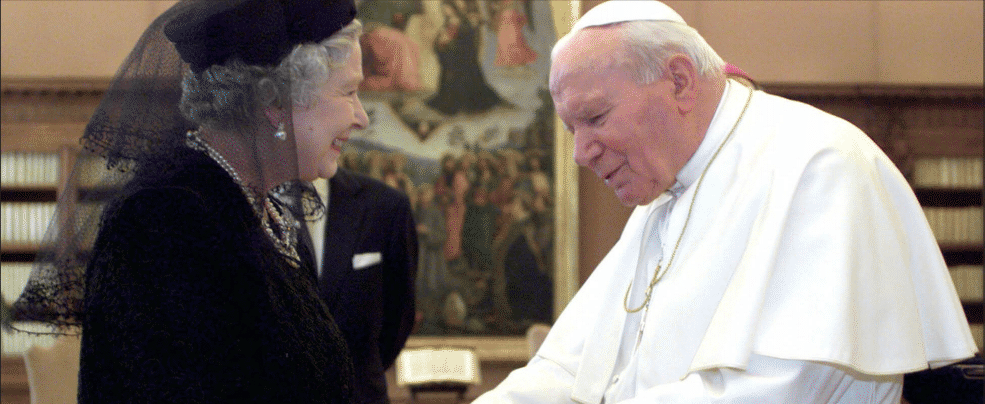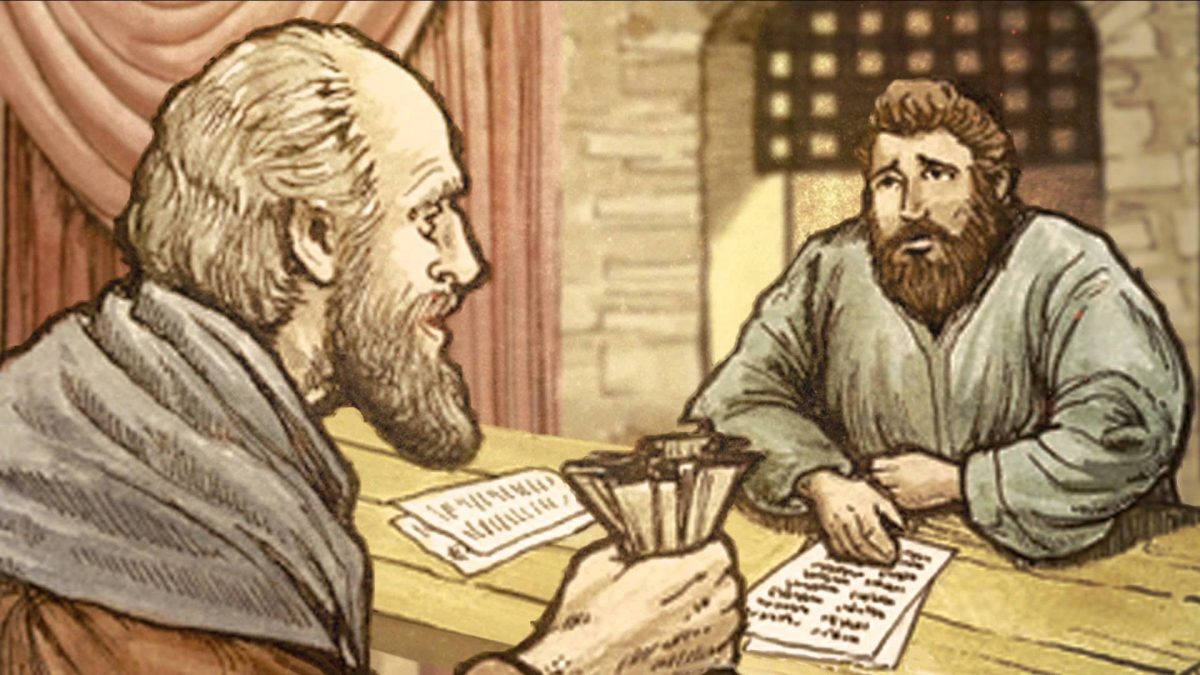No matter how high a position we hold in this world, Christians must always be “servants,” at the service of humanity and God. It is only accepting our circumstances and our crosses that we can truly be good and faithful servants of Christ.


No matter how high a position we hold in this world, Christians must always be “servants,” at the service of humanity and God. It is only accepting our circumstances and our crosses that we can truly be good and faithful servants of Christ.

The Catechism of the Catholic Church (No. 1898) teaches: “Every human community needs an authority to govern it (cf. Leo XIII, Immortale Dei; Diuturnum illud). The foundation of such authority lies in human nature. It is necessary for the unity of the state. Its role is to ensure as far as possible the common good of the society.”

The outcome of the different levels and methods of prayer must always be a stronger relationship with God and a greater compassion for our brother – represented in all of humanity.

Self-indulgence and apathy can block our path to God, which results in eventually being separated from Him in eternity. To build a firm relationship with our Maker, we must first learn to put our treasures here on earth to the use of aiding our fellow underprivileged man.

The parable of Lazarus and the rich man is a cautionary tale of how wealth can lead us away from the kingdom of heaven if we do not use it to serve humanity, following the Word of God.

In Bite-Size Philosophy, we had taken up the four principles of the Church’s teaching on society: (1) the principle of the dignity of the human person (BSP 54), (2) the principle of the common good (BSP 73), (3) the principle of subsidiarity (BSP 74), and (4) the principle of solidarity (BSP 75). Here’s a brief review.

The uniqueness of Catholic prayer is that apart from always being an intimate dialogue with God, not only do we have different types of prayer, we also lean heavily on the saints and especially the Blessed Mother to direct our intentions to the Holy Trinity.

Money is useful only in that it is beneficial in building lasting relationships, relationships that bring about the betterment of humanity and draw us closer to God.

As Christians, we are called to use our wealth wisely for the benefit of our fellow man and to put morality and ethics before profit to avoid becoming exploitative.

Since man is made in God’s image and likeness, there is a reflection of the Trinity in man. In God there is a relationship of knowledge and love. God also wants this relationship to be reflected among men.